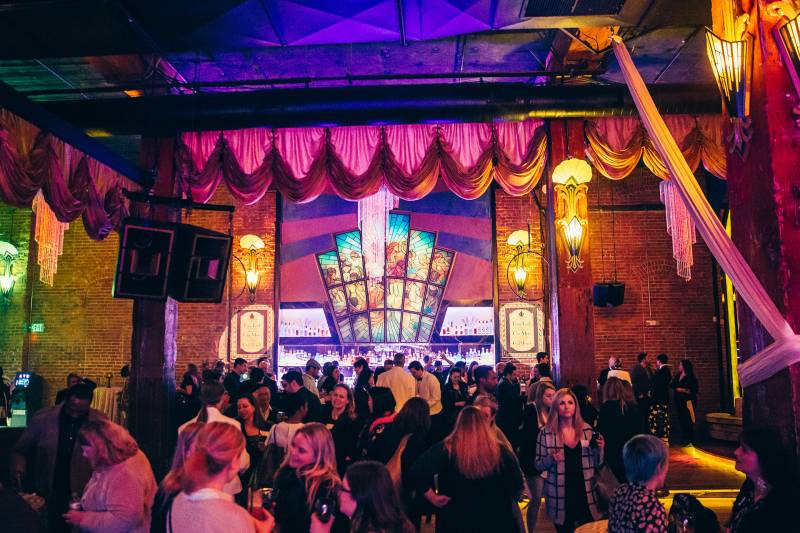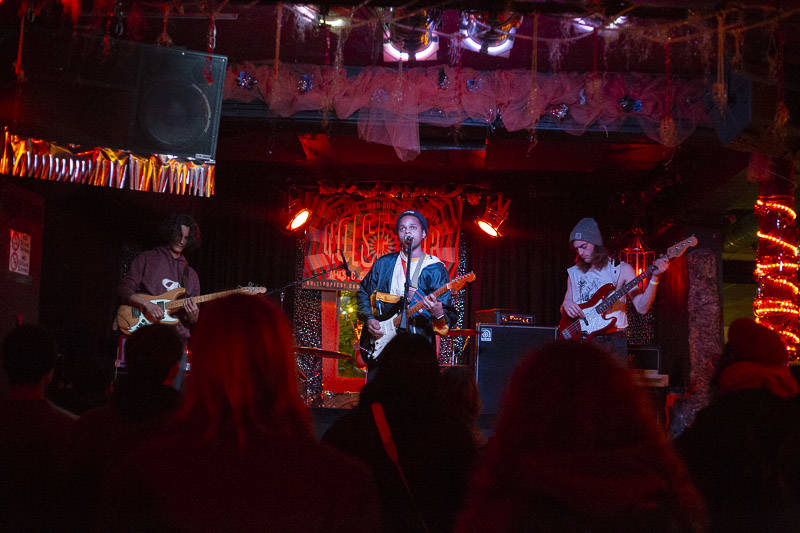San Francisco Mayor London Breed’s announcement of $2.5 million in aid to the city’s beleaguered entertainment and nightlife industry is receiving a mixed response from local bars and clubs.
According to a statement from the mayor’s office on Monday, the city will waive clubs’ and bars’ regulatory license and business registration fees for two years, as well as these businesses’ payroll expense taxes for 2020. Businesses will not be required to pay back these fees at a later date, but will still have to file tax returns.
The statement says the city will provide financial relief for approximately 300 permitted entertainment venues which meet the criteria of gross receipts amounting to less than $20 million.




